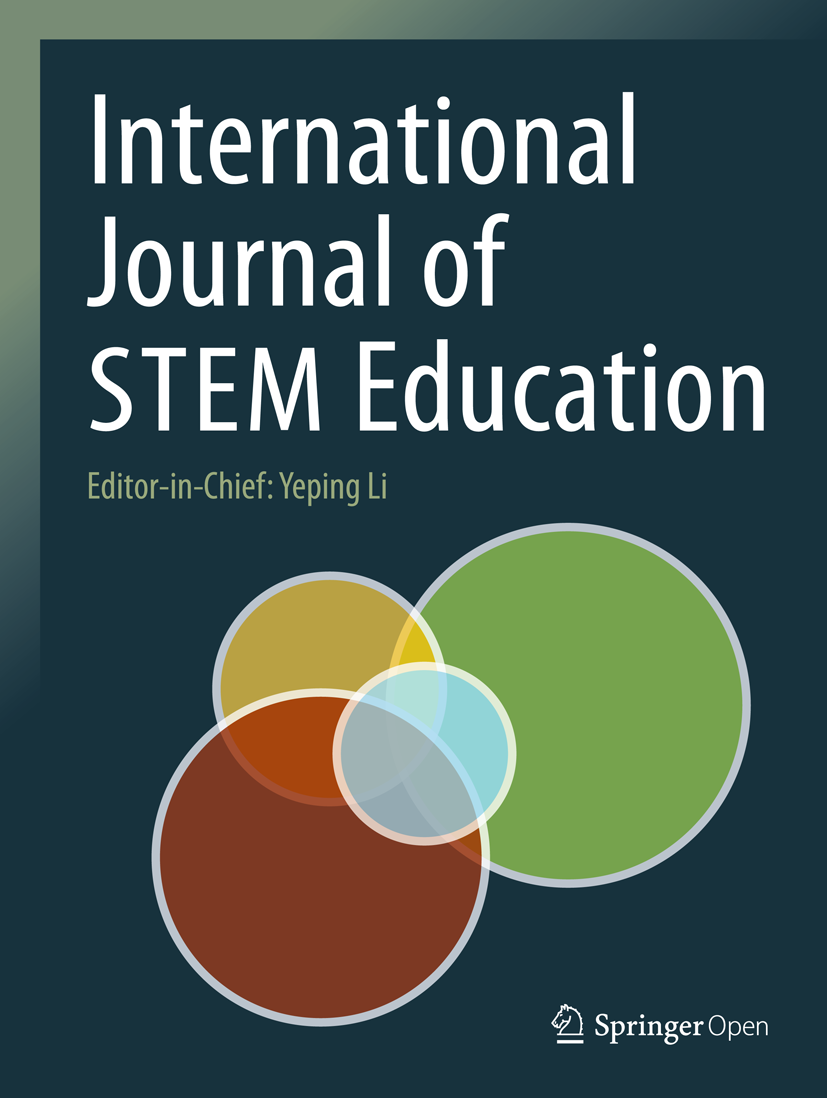超越业绩、能力和认可:在研究培训中塑造科学研究人员的身份认同
IF 8
1区 教育学
Q1 EDUCATION & EDUCATIONAL RESEARCH
引用次数: 0
摘要
对科学认同的研究有助于了解学生在科学相关教育和职业道路上的持续发展。然而,在通往专业科学研究人员的道路上,与学生(如在本科、学士后和研究生阶段从事研究的学生)的科学认同相关的知识和理论仍在发展之中。现有的科学认同理论还不清楚特定的科学环境(如研究培训经历)如何影响学生的科学认同。在此,我们利用现有的科学认同和专业认同理论来研究研究培训如何塑造科学认同。我们对 30 名早期职业研究人员--自然科学领域的本科生、学士后和博士生--进行了定性调查,以了解他们是如何认识到自己是科学研究人员的。早期职业研究人员(ECRs)将自己视为理科学生或科学研究人员,并将其与职业研究人员区分开来。ECRs 在相互关联的工作-学习和身份-学习周期中做出判断,我们称之为 "科学身份评估"。工作学习周期指的是 ECR 对他们在研究培训经历中所做工作的概念。ECR 权衡了他们认为自己在研究培训中所做的工作在多大程度上体现了真实性、提供了自主空间以及提供了参与认识论的机会。身份学习周期涵盖了 ECR 对科学研究人员的概念。ECR 们考虑了他们在研究培训经历中所扮演的角色,以及这些角色是否符合他们对研究人员的任务和特质的认识。他人的认可进一步塑造了 ECR 的身份认同--学习周期。ECR 们谈到,来自其研究培训经历中的其他人的认可和来自其研究培训经历之外的其他人的认可是如何影响他们将自己视为科学研究人员的。我们对研究结果进行了综合,形成了科学研究人员身份认同的修订概念模型,为今后研究科学身份认同提供了更高的理论精度。我们假设了与科学认同和专业认同发展相关的建构之间的关系,可以在进一步的研究中进行检验。我们的研究结果还为促进 ECR 的科学研究人员身份认同提供了实践意义。本文章由计算机程序翻译,如有差异,请以英文原文为准。
Beyond performance, competence, and recognition: forging a science researcher identity in the context of research training
Studying science identity has been useful for understanding students’ continuation in science-related education and career paths. Yet knowledge and theory related to science identity among students on the path to becoming a professional science researcher, such as students engaged in research at the undergraduate, postbaccalaureate, and graduate level, is still developing. It is not yet clear from existing science identity theory how particular science contexts, such as research training experiences, influence students’ science identities. Here we leverage existing science identity and professional identity theories to investigate how research training shapes science identity. We conducted a qualitative investigation of 30 early career researchers—undergraduates, postbaccalaureates, and doctoral students in a variety of natural science fields—to characterize how they recognized themselves as science researchers. Early career researchers (ECRs) recognized themselves as either science students or science researchers, which they distinguished from being a career researcher. ECRs made judgments, which we refer to as “science identity assessments”, in the context of interconnected work-learning and identity-learning cycles. Work-learning cycles referred to ECRs’ conceptions of the work they did in their research training experience. ECRs weighed the extent to which they perceived the work they did in their research training to show authenticity, offer room for autonomy, and afford opportunities for epistemic involvement. Identity-learning cycles encompassed ECRs’ conceptions of science researchers. ECRs considered the roles they fill in their research training experiences and if these roles aligned with their perceptions of the tasks and traits of perceived researchers. ECRs’ identity-learning cycles were further shaped by recognition from others. ECRs spoke of how recognition from others embedded within their research training experiences and from others removed from their research training experiences influenced how they see themselves as science researchers. We synthesized our findings to form a revised conceptual model of science researcher identity, which offers enhanced theoretical precision to study science identity in the future. We hypothesize relationships among constructs related to science identity and professional identity development that can be tested in further research. Our results also offer practical implications to foster the science researcher identity of ECRs.
求助全文
通过发布文献求助,成功后即可免费获取论文全文。
去求助
来源期刊

International Journal of Stem Education
Social Sciences-Education
CiteScore
12.40
自引率
11.90%
发文量
68
审稿时长
13 weeks
期刊介绍:
The International Journal of STEM Education is a multidisciplinary journal in subject-content education that focuses on the study of teaching and learning in science, technology, engineering, and mathematics (STEM). It is being established as a brand new, forward looking journal in the field of education. As a peer-reviewed journal, it is positioned to promote research and educational development in the rapidly evolving field of STEM education around the world.
 求助内容:
求助内容: 应助结果提醒方式:
应助结果提醒方式:


